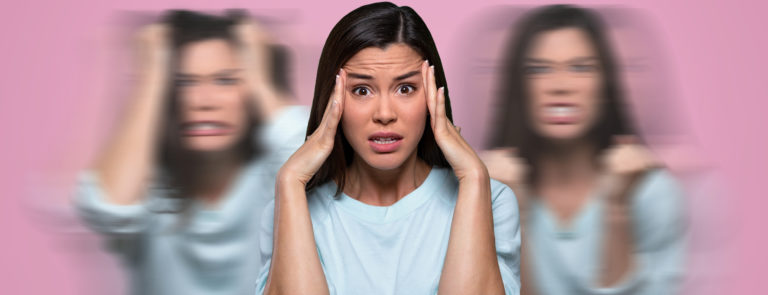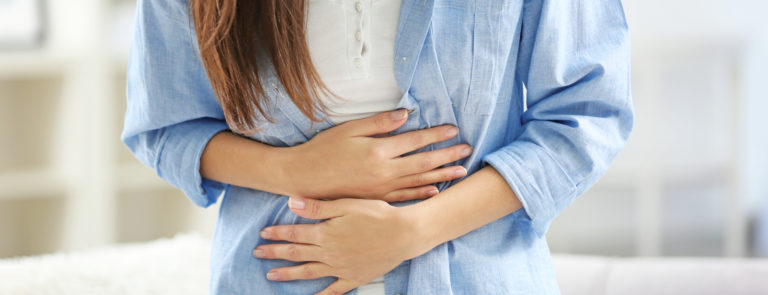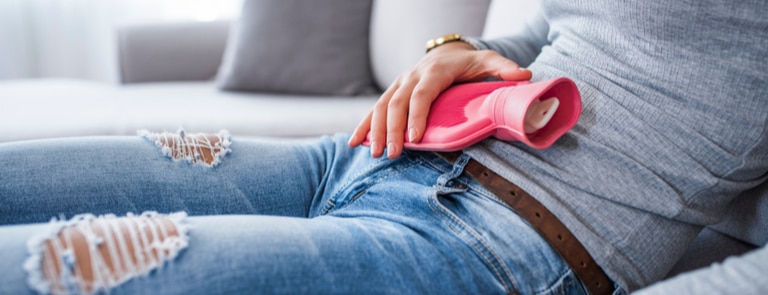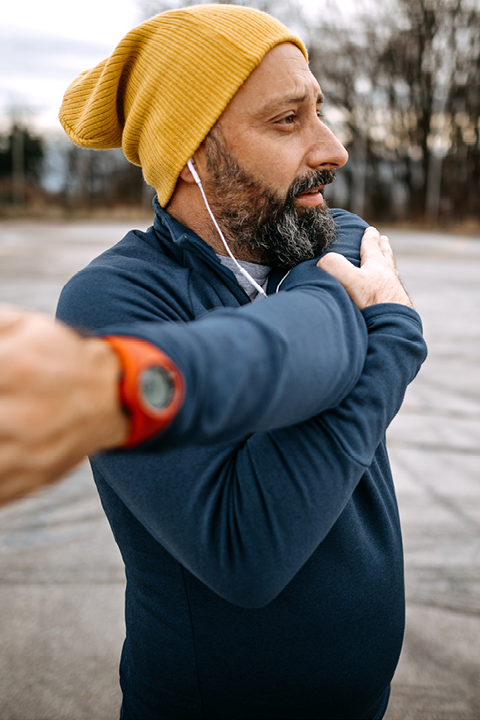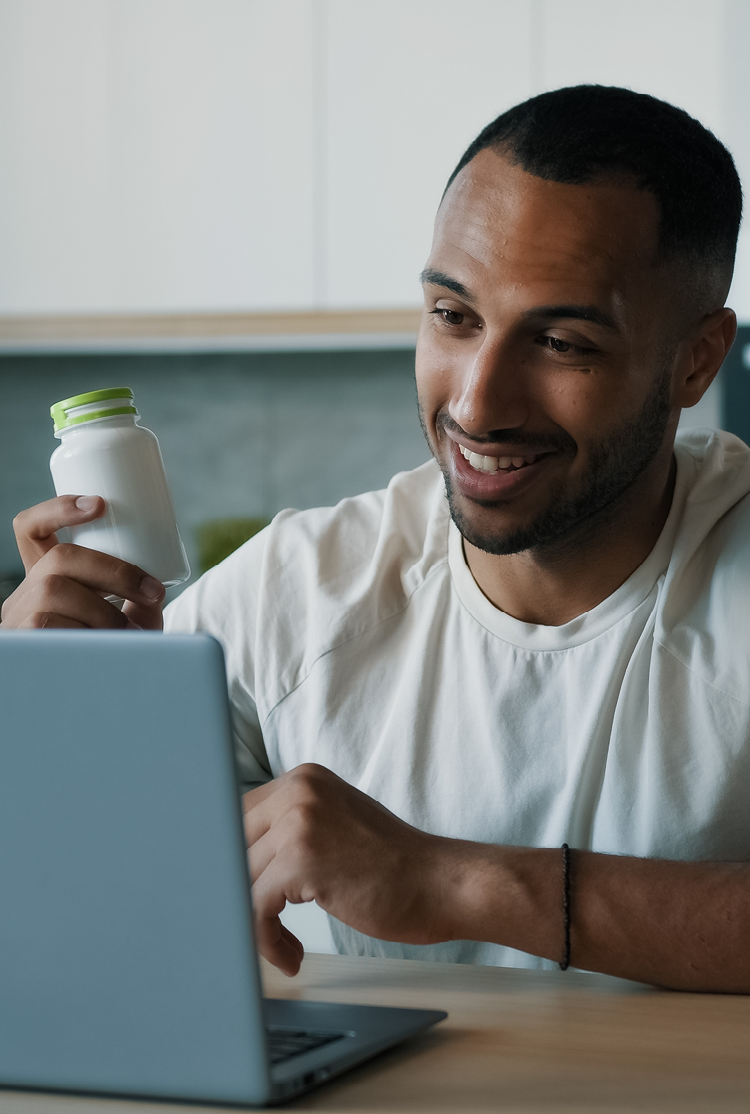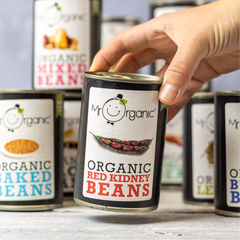B&C
|Code BARRETT15
Carousel main title
Main title
DEV: Why is iron so important for women?

From an exhausting day at work to a bad night’s sleep, there could be multiple reasons for your tiredness. But did you know low iron could be one of them?
Summary
1Why do we need iron?
Without iron, we can't produce enough red blood cells to transport oxygen to our organs and cells...
2Why are women more likely to have low iron?
One in three women report heavy periods and one in four women are thought to have low iron...
3How much iron do I need?
You may need to take an iron supplement if you have heavy periods or you’re pregnant...
Women are especially at risk of iron deficiency, with one in four women and almost half of teenage girls running low.1
If your tiredness has been going on for a while and you can't pinpoint the reason, the NHS recommends seeing a GP. For now, we’ll explain a bit more about why it’s so important for women to get enough iron and how you can stay topped up...
Why do we need iron?
Red blood cells contain a protein called haemoglobin. Haemoglobin contains an iron molecule and is responsible for transporting oxygen around the body.
Without iron, we can't produce enough red blood cells to transport oxygen to our organs and cells. It’s fairly obvious that we need oxygen! Aside from breathing, we also need optimal levels for everyday functions like thinking properly, energy and immune function.
Why are women more likely to have low iron?
Heavy periods
Iron is in your blood, so you’re more likely to become deficient if you bleed a lot. This can happen due to many conditions – but heavy and long-lasting periods are a very common reason.
One in three women report heavy periods and one in four women are thought to have low iron.1,2 The numbers are even higher in girls and young women, with the latest UK National Nutrition and Diet Survey showing 49% of girls aged 11-18 with iron below recommended levels.1
Some people’s periods are just heavier than others or it might be down to medical conditions like endometriosis or uterine fibroids. Different forms of contraception may affect how long or heavy your period is, too.2
Speak to your doctor if you’re having heavy periods that are getting in the way of daily life. They may help rule out any underlying conditions or help you explore options to make your periods lighter.
Pregnancy
While you shouldn’t take ‘eating for two’ literally, you do need more of certain nutrients to support you and your baby while you’re pregnant.3 The blood in your body can increase by 50% during pregnancy, so naturally you need more iron too.4
Iron deficiency during pregnancy increases your baby’s chances of being born early and having a low birth weight.5

Diet
It may also be that women are less likely to eat enough iron-rich foods to account for their higher needs.A secondary analysis of the UK Nutrition and Diet Survey, measuring food intake alone, found that women aged 20-59 were significantly lower in iron than their male counterparts.6
Fortunately, making a few simple swaps in your diet can help if this is the reason for your iron deficiency.
Certain medical conditions
There are other possible reasons why some women may be lower in iron, too, such as certain medical conditions that may affect women more than men (like Coeliac disease).7,8
Signs of iron deficiency
Having very low iron can cause iron deficiency anaemia. Symptoms include:9,10
- weakness
- exhaustion
- shortness of breath
- paler skin (no matter your skin tone)
- fast heartbeat
- dry, brittle nails
- cravings for non-food items like ice
How much iron should women get?

According to the NHS: 11
- women aged 19-50 need around 14.8mg iron per day
- women over 50 need around 8.7mg per day
You may need to take an iron supplement if you have heavy periods or you’re pregnant, but you should speak to your doctor first. As with any nutrient, it’s best to get as much of your required amount through your diet first.
How can I include more iron in my diet?
Foods that are rich in iron include: 7,11,12
- offal, like liver and kidney (although avoid liver if you’re pregnant)
- red meat
- beans
- fortified cereals and bread
- dried fruit pulses, such as chickpeas
- nuts and seeds
- green leafy vegetables
What can affect my iron absorption?
Even if you’re getting iron in your diet, it’s then got to be absorbed by the body and certain factors can affect how much iron your body takes in, including:
The iron found in meat (heme iron) is absorbed more easily than that found in plant-based foods (non-heme iron).13 So, you may need to take extra care to keep your iron levels topped up if you’re vegetarian or vegan.
Vitamin C helps with iron absorption, so try eating vitamin C and iron-rich foods in the same meal or taking these supplements together.
Tea and coffee lovers beware: these drinks can decrease iron absorption.13
But it’s not all bad news. Just try not to drink them within about an hour of eating if you’re conscious of your iron intake.13
Instead, choose water or vitamin C-rich orange juice and leave your coffee breaks for in between meals.
The final say
Even though iron deficiency is common in women, it shouldn’t just be an unfortunate statistic.
Speak to your doctor if your period is very heavy or long, or if you’re experiencing symptoms of iron deficiency.
Next up, read our dedicated guide to iron or explore our Women’s Health hub.
This article provides informational advice and is not a substitute for medical care. Curated by experts for accuracy, we take great care to ensure the information is up-to-date and relevant. However, you should always consult your GP or healthcare professional before using supplements or alternative products, particularly if you have medical conditions or are under supervision.
1. GOV.UK. NDNS: results from years 9 to 11 (combined) - statistical summary [Internet]. GOV.UK [reviewed 2020 Dec 11; cited 2025 Jan 23]. Available from: https://www.gov.uk/government/statistics/ndns-results-from-years-9-to-11-2016-to-2017-and-2018-to-2019/ndns-results-from-years-9-to-11-combined-statistical-summary
2. NHS Inform. Heavy periods [Internet]. NHS Inform [reviewed 2025 Jan 13; cited 2025 Jan 23]. Available from: https://www.nhsinform.scot/healthy-living/womens-health/girls-and-young-women-puberty-to-around-25/periods-and-menstrual-health/heavy-periods/
3. NHS. Have a healthy diet in pregnancy [Internet]. NHS [reviewed 2023 Apr 21; cited 2025 Jan 23]. Available from: https://www.nhs.uk/pregnancy/keeping-well/have-a-healthy-diet/
4. NHS Better Health. Week-by-week guide to pregnancy: week 7 [Internet]. NHS Better Health [cited 2025 Jan 23]. Available from: https://www.nhs.uk/start-for-life/pregnancy/week-by-week-guide-to-pregnancy/1st-trimester/week-7/
5. NHS University Hospitals. Iron deficiency anaemia in pregnancy [Internet]. NHS University Hospitals [reviewed 2020 Aug; cited 2025 Jan 23]. Available from: https://www.uhcw.nhs.uk/download/clientfiles/files/Patient%20Information%20Leaflets/Women%20and%20Children_s/Maternity/Iron%20deficiency%20anaemia%20in%20pregnancy%20FINAL.pdf
6. Derbyshire E. Micronutrient Intakes of British Adults Across Mid-Life: A Secondary Analysis of the UK National Diet and Nutrition Survey. Front Nutr [Internet]. 2018 Jul 19 [cited 2025 Jan 23]; 5. Available from: https://www.frontiersin.org/journals/nutrition/articles/10.3389/fnut.2018.00055/full
7. Coeliac UK. Iron [Internet]. Coeliac UK [cited 2025 Jan 23]. Available from: https://www.coeliac.org.uk/information-and-support/your-gluten-free-hub/home-of-gluten-free-recipes/healthy-eating/iron/
8. NHS Inform. Coeliac disease [Internet]. NHS Inform [reviewed 2024 Nov 19; cited 2025 Jan 23]. Available from: https://www.nhsinform.scot/illnesses-and-conditions/stomach-liver-and-gastrointestinal-tract/coeliac-disease/coeliac-disease/
9. NHS Inform. Iron deficiency anaemia [Internet]. NHS Inform [reviewed 2025 Jan 14; cited 2025 Jan 23]. Available from: https://www.nhsinform.scot/illnesses-and-conditions/nutritional/iron-deficiency-anaemia/
10. Office on Women’s Health. Iron-deficiency anaemia [Internet]. Office on Women’s Health [reviewed 2021 Feb 22; cited 2025 Jan 23]. Available from: https://womenshealth.gov/a-z-topics/iron-deficiency-anemia
11. NHS. Iron [Internet]. NHS [reviewed 2020 Aug 3; cited 2025 Jan 23]. Available from: https://www.nhs.uk/conditions/vitamins-and-minerals/iron/
12. BDA. Iron [Internet]. BDA [cited 2025 Jan 23]. Available from: https://www.bda.uk.com/resource/iron-rich-foods-iron-deficiency.html
13. NHS Milton Keynes University Hospital. Iron (good sources of) [Internet]. NHS Milton Keynes University Hospital [cited 2025 Jan 23]. Available from: https://www.mkuh.nhs.uk/patient-information-leaflet/good-sources-of-iron

